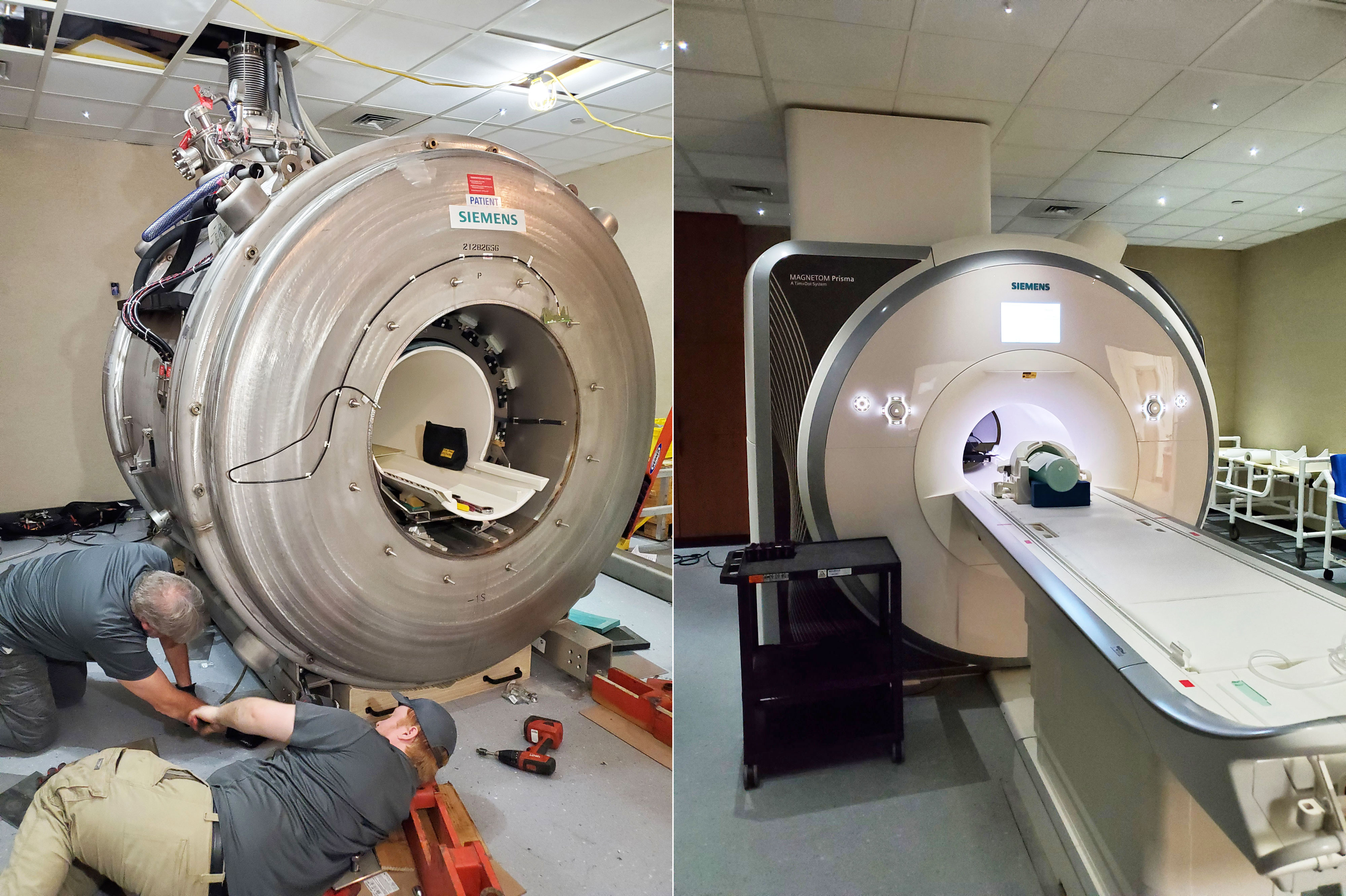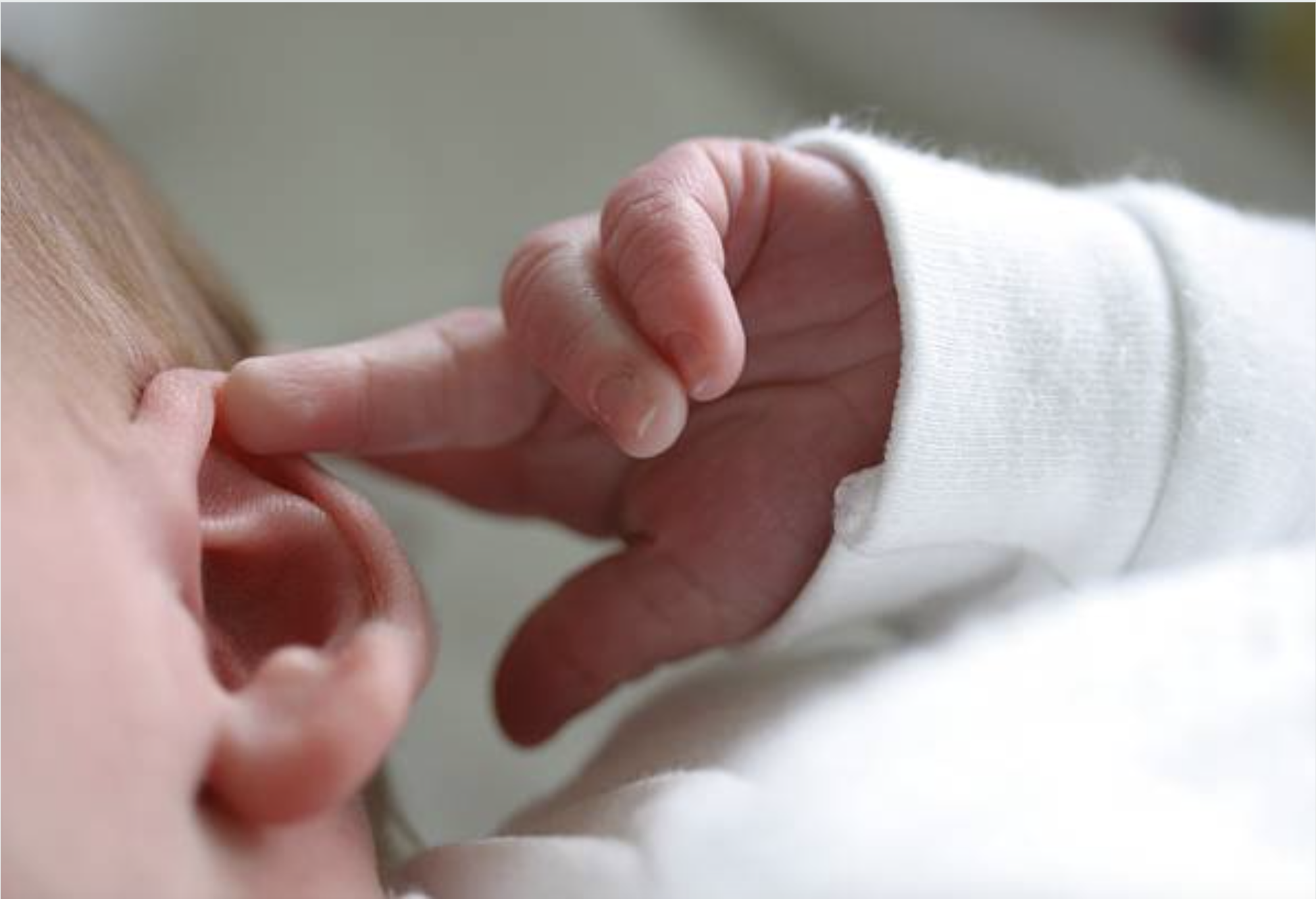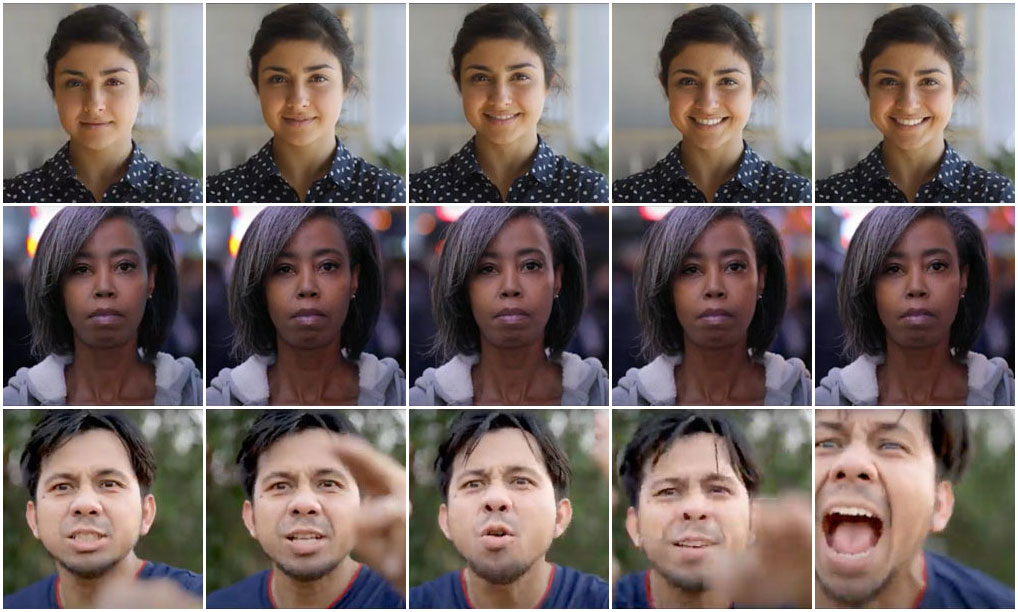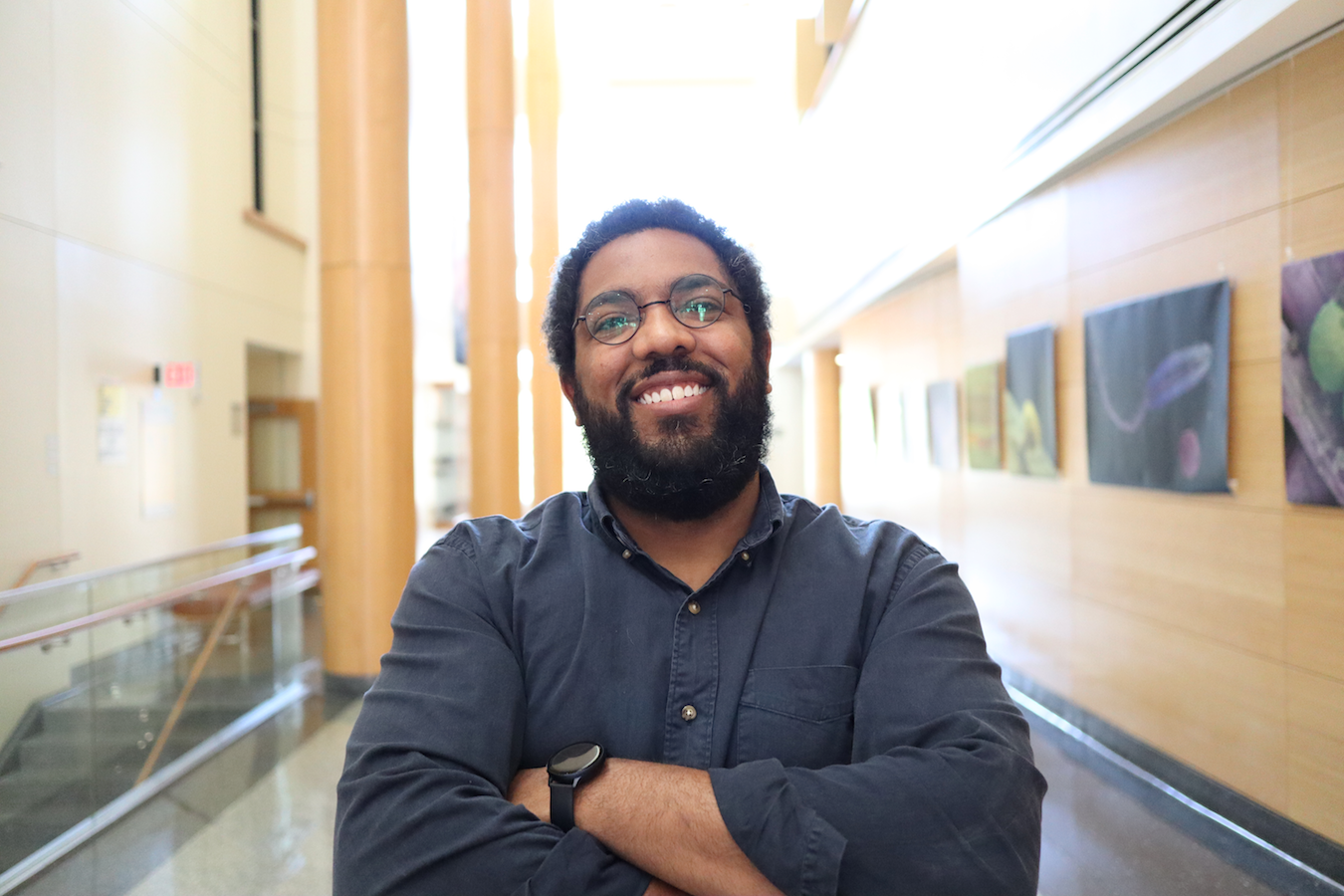News Story
An Open House Debut for New Prisma MRI at MNC

A new chiller for the Prisma MR upgrade is delivered to the Maryland Neuroimaging Center on January 11, 2022. Photo by Wang Zhan.
Since January, the magnetic resonance imaging (MRI) scanner at the Maryland Neuroimaging Center (MNC) has been undergoing an upgrade. Now, the new system is nearly ready for its close-up.
A Siemens 3 Tesla Prisma Fit system will replace the Trio MRI that was previously housed at the MNC. The upgraded Prisma MRI will significantly increase the spatial and temporal resolution of brain images and will allow campus neuroscience researchers to explore the finer details of brain structure and function with the highest quality data from experimental subjects.
"The new 3 Tesla Prisma Fit system brings the Maryland Neuroimaging Center squarely to the state-of-the-art in human neuroimaging for research," said Pessoa. "Although the system’s increased spatial resolution is impressive, the improved temporal properties of the Prisma are especially critical for UMD investigators, as these allow for reduced experiment study time. That reduced time is crucial for researchers with studies involving infants, young children and individuals from sensitive clinical groups such as those with schizophrenia."
An open house introducing the new system to the campus community is scheduled for April 22, 2022. The event will include remarks from Jennifer King Rice, the senior vice president and provost, Gregory F. Ball, the vice president for research, Luiz Pessoa, professor of psychology and director of the MNC, and Elizabeth Quinlan, professor of biology, Clark Leadership Chair in Neuroscience, and director of the Brain and Behavior Institute (BBI).
"Neuroimaging is a field in which techniques rapidly evolve, and the upgrade to the Prisma Fit system ensures that UMD will reap the benefits of advances in brain scanning methods," said Quinlan. "Coupled with the new BBI small animal MR facility, the MNC upgrade will also create novel opportunities for the translation of basic science to human subjects."
Technicians must first ramp down the magnet and remove its surrounds before the upgraded Prisma MRI can take shape. Photos by Wang Zhan.
The MRI upgrade was made possible with a 2021 University of Maryland Research Instrumentation Fund award as part of an effort led by the Brain and Behavior Institute and College of Behavioral and Social Sciences, with support from the College of Education and School of Public Health. The upgrade helped promote the efforts of Nathan Fox and Tracy Riggins, who were recently awarded major funding by the National Institute of Drug Abuse as one of 25 institutions to lead a large, multi-year study on the enduring effects of maternal substance abuse on infant and childhood brain and behavioral development. That study examines typical developmental trajectories and how prenatal and postnatal exposure to alcohol, drugs and other adversities like poverty and trauma impact the structure and function of the brain, as well as the development of social, emotional and cognitive processes.
"Successful completion of this upgrade will allow me to begin a prospective longitudinal project investigating the development of loneliness in teens with and without autism," said Elizabeth Redcay, associate professor of psychology. "I am thrilled to begin scanning again, and I am very grateful for the strong support of the university and the hard work of the MNC staff to make this upgrade happen."
###
Writer: Nathaniel Underland, underlan@umd.edu
About the Brain and Behavior Institute: The mission of the BBI is to maximize existing strengths in neuroscience research, education and training at the University of Maryland and to elevate campus neuroscience through innovative, multidisciplinary approaches that expand our research portfolio, develop novel tools and approaches and advance the translation of basic science. A centralized community of neuroscientists, engineers, computer scientists, mathematicians, physical scientists, cognitive scientists and humanities scholars, the BBI looks to solve some of the most pressing problems related to nervous system function and disease.
Published February 28, 2022










